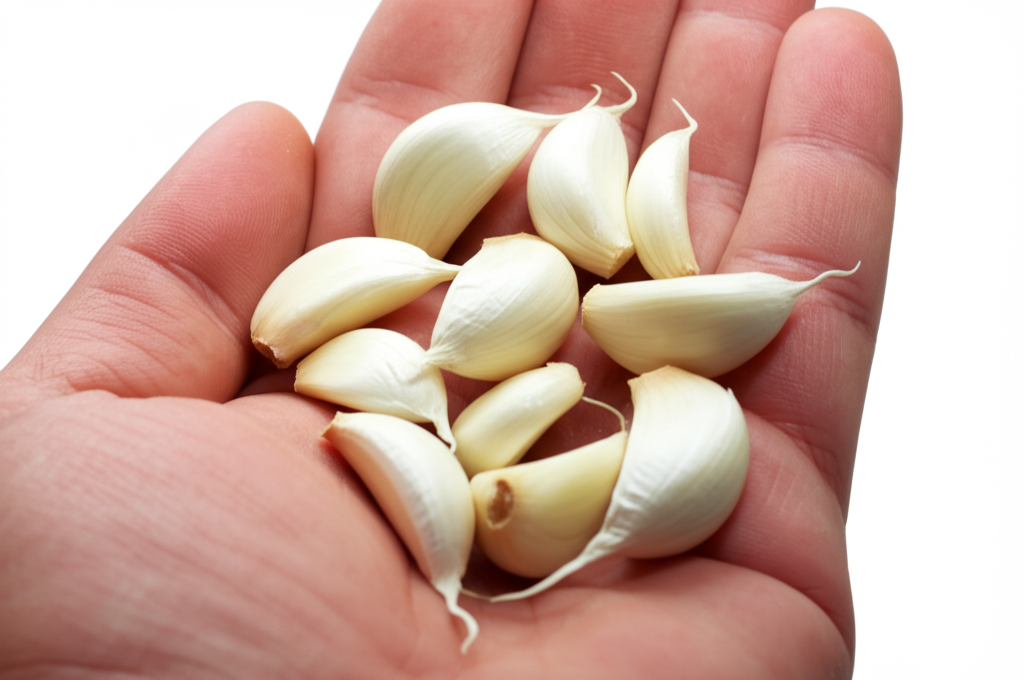For centuries, garlic has been recognized for its remarkable health benefits. Ancient Egyptians provided garlic to their laborers, understanding its ability to maintain their health and productivity. Hippocrates, the father of medicine, even utilized garlic to address uterine cancer, a practice that aligns with modern discoveries of garlic’s anti-cancer properties in certain cancer cells.
Garlic exhibits potent antifungal qualities, making it a valuable ally in combating fungal infections. It contains Allium, an active agent known for its fungicidal properties, which can assist in eliminating Candida and promoting a healthier metabolism.
Furthermore, garlic acts as a natural antibiotic, effectively combating bacteria. During World War I, when penicillin was unavailable, garlic paste was applied to wounds to prevent infection and gangrene. Its high sulfur content transforms within the body, creating antifungal and antibiotic effects.

Studies indicate that garlic can help lower blood pressure. Consuming a few cloves of garlic daily may naturally reduce blood pressure levels. It also possesses anticoagulant properties, potentially reducing the risk of blood clots and cardiovascular issues. By reducing fibrin levels, garlic promotes smoother blood flow.
Research, such as a study by Dr. Arun Noria, highlights garlic’s protective effects against heart ailments. The study revealed that heart attack survivors who consumed garlic experienced significantly fewer subsequent heart attacks and deaths compared to those who did not.
In conclusion, garlic is more than just a culinary ingredient; it’s a medicinal powerhouse with antifungal, antibiotic, anti-cancer, and blood-pressure-lowering properties. While it might not be ideal before a romantic encounter, its health benefits are undeniable.



